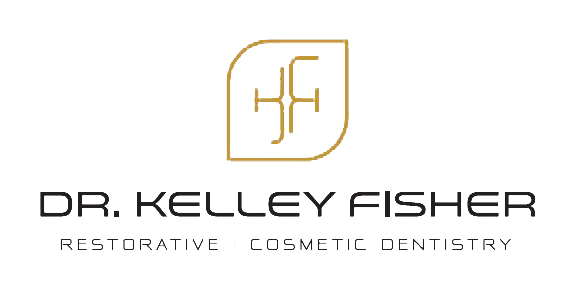Mouthwash - Does it Really Work?
When it comes to oral hygiene, most of us have a daily routine that involves brushing, flossing, and maybe even using mouthwash. Mouthwash, also known as mouth rinse, has been a staple in many bathrooms for decades. But the question remains: does it actually work? Let's dive into the science behind mouthwash to uncover its effectiveness and whether it's a necessary component of your oral care routine.
Manufacturers of mouthwash often make bold claims about their product's efficacy, promising everything from 24-hour protection against plaque and gingivitis to preventing cavities and eliminating bad breath. While some of these claims may hold true to a certain extent, it's essential to understand the limitations and nuances involved.
Understanding the Categories
Cosmetic Mouthwashes: Cosmetic mouthwashes primarily target breath freshening and aesthetic appeal. They often contain ingredients like menthol, eucalyptol, and various flavoring agents to mask odors and leave the mouth feeling refreshed. Cosmetic mouthrinses may temporarily control bad breath and leave behind a pleasant taste, but have no chemical or biological application beyond their temporary benefit. For example, if a product doesn’t kill bacteria associated with bad breath, then its benefit is considered to be solely cosmetic
Therapeutic Mouthwashes: Therapeutic mouthwashes, on the other hand, are formulated to provide specific oral health benefits beyond mere breath freshening. They contain active ingredients such as antimicrobial agents (e.g., chlorhexidine, cetylpyridinium chloride), fluoride, peroxide, and essential oils .They are backed by scientific research demonstrating their efficacy in reducing oral bacteria, preventing gingivitis, strengthening tooth enamel, and even providing relief for sensitive teeth. Therapeutic mouthrinse is available both over-the-counter and by prescription, depending on the formulation. For example, mouthrinses containing essential oils are available in stores, while those containing chlorhexidine are available only by prescription.
The Truth About Mouthwash
Reduction of Oral Bacteria: Mouthwash can indeed reduce the population of oral bacteria temporarily. Antimicrobial agents like chlorhexidine have been shown to be effective against a wide range of bacteria, including those associated with plaque and gingivitis. However, the effects are short-lived, and bacteria tend to repopulate quickly.
Freshening Breath: Mouthwash containing ingredients like menthol or eucalyptol can provide a temporary solution to bad breath by masking odors. However, it's crucial to address the underlying causes of bad breath, such as poor oral hygiene, gum disease, or certain foods, for long-term results.
Gingivitis and Gum Disease: Some clinical studies suggest that certain types of mouthwash, particularly those containing essential oils or chlorhexidine, can help reduce gingivitis and gum disease when used as part of a comprehensive oral care routine. However, they are not a substitute for regular brushing and flossing.
Cavity Prevention: While fluoride mouthwash can contribute to cavity prevention by strengthening tooth enamel, its effectiveness may be limited compared to fluoride toothpaste and professional fluoride treatments.
Factors to Consider
Alcohol Content: Many mouthwashes contain alcohol, which can contribute to dry mouth and may irritate oral tissues, particularly for individuals with sensitive gums or mucous membranes.
Frequency of Use: Using mouthwash too frequently or for extended periods may disrupt the natural balance of oral bacteria, potentially leading to adverse effects.
Individual Needs: The effectiveness of mouthwash can vary depending on individual factors such as oral health status, underlying conditions, and lifestyle habits. Consulting with a dentist or oral healthcare professional can help determine the most suitable oral care regimen.
Navigating the Options
Consider Your Needs: If you're primarily concerned about breath freshness and enjoy the sensory experience of mouthwash, a cosmetic option may suffice for occasional use. However, if you're looking to address specific oral health issues or maintain optimal oral hygiene, a therapeutic mouthwash may be more beneficial in the long run.
Read Labels Carefully: When selecting a mouthwash, pay attention to the active ingredients and their intended purposes. Look for therapeutic mouthwashes endorsed by dental associations and backed by clinical studies for efficacy and safety.
Consult Your Dentist: Your dentist can provide valuable insights into which mouthwash is best suited to your individual needs. They can also offer guidance on proper usage and frequency to maximize benefits while minimizing potential risks.
If you have any questions about your current mouthwash, or whether you need a prescription mouthwash, give us a call and we’re happy to discuss your individual needs :)

